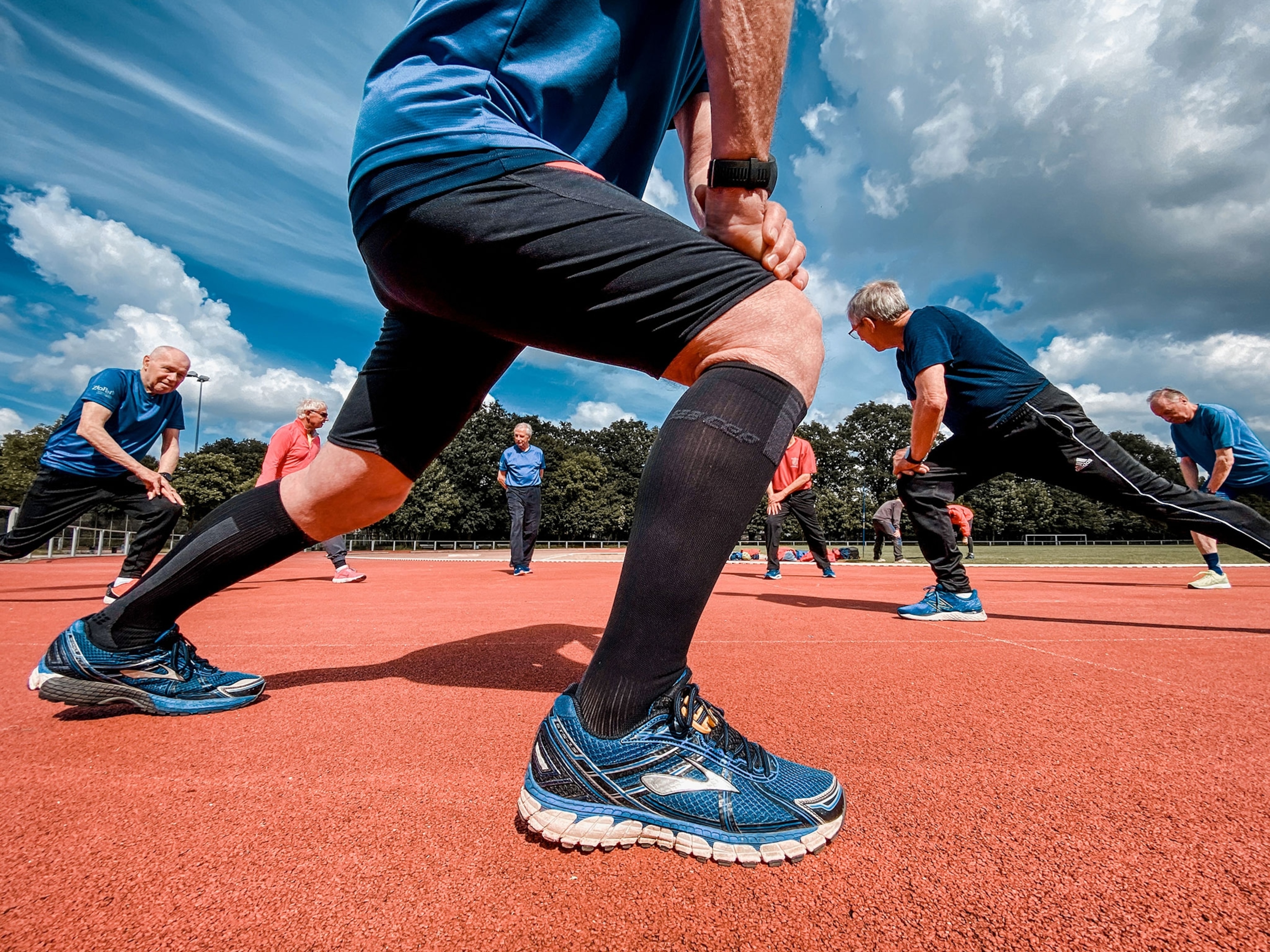
Who Multitasks Best? Women, Of Course
But a new study says focusing on one task at a time is more productive.
For better or worse, multitasking is part of our lives, whether it's talking on the phone while driving (not a good idea), browsing the Internet while working (proceed at your own risk), or text messaging friends while in class (ditto).
Gijsbert Stoet, a psychologist at the University of Glasgow in Scotland, wanted to know who were the better multitaskers—men or women? A study carried out by Stoet and his colleagues and recently published in the journal BMC Psychology hints that women prevail. We asked him to share his thoughts on the subject.
How do you define multitasking in your study?
Good question, because it is important to realize that there are different types of multitasking. We focused on the type that demands a rapid switch between multiple tasks. For example, imagine you are making a meal. You might be cutting vegetables and at the same time preparing an oven dish. You rapidly switch back and forth between the vegetables and the oven.
Another type of task switching we didn't focus on is performing two tasks simultaneously. For example, you play the piano and play different things with each hand. This is not what we focused on, though, because in daily life when we multitask, we typically switch rapidly between two tasks [as opposed to doing two simultaneously]—something humans find easier and more convenient to do.
At what point does multitasking affect productivity?
Once you start doing more than one task at one time, it affects productivity. In another study, we found that even with training, you never become as efficient as when you do one task at a time. We are just not good at multitasking. Multitasking is part of life; we have to do it. But to be really efficient, do one thing at a time. It's much better to focus half an hour on one task, then do half an hour on another task, than to switch back and forth.
In modern life we are forced to switch between tasks even though we don't want to because external events drive us to do so. For example, the phone rings, or your colleague comes in to chat, and you say, "Okay, I'll do this for five minutes, then go back to the other thing."
Why do you think women are better at multitasking?
It might go back to the division of labor between men and women. We were essentially adapted to surviving the dangers of a Stone Age environment. In that environment women did more than look after their children. Like men, they worked on tasks necessary for survival. They could not just focus on making clothes or finding food. At the same time, they had to keep an eye on their children; if not, the children would have been eaten by wild animals and the race would have died out. We are the result of that successful behavior.
Do you have any advice for multitaskers?
You are more efficient when you focus on one task. Whenever we make a switch, it takes time and we lose efficiency. If you are, say, writing an article, you should get rid of all distractions—Internet, email, phone.
That advice is not just for adults, but for children as well. If I ran a school, I would not allow children to have mobile phones. Mobile phones take away a child's ability to focus on one thing. Think about children doing their homework while texting and being on Facebook. We need to think about what this does to a younger generation. I think there is not enough research on the costs for society as a whole.
Will you continue your research on this topic?
Yes. I was surprised at the attention the study got, which tells me people are really interested. What we hope with this paper is to get the attention of the research community and say, "Look, we just don't know enough about this topic."
Follow Ashleigh N. DeLuca on Twitter.




